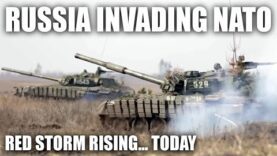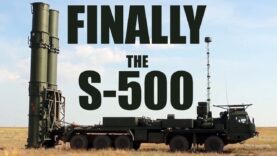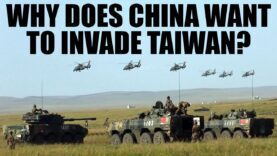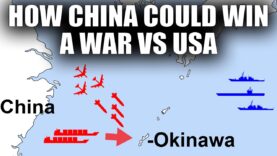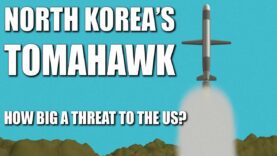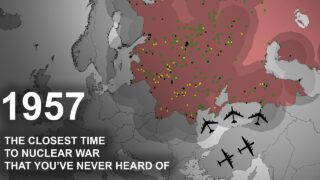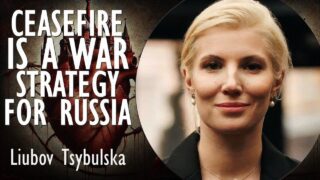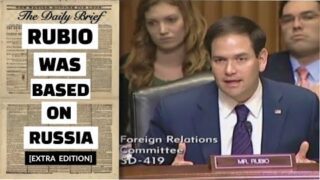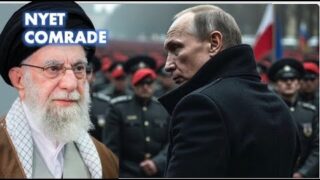Can Nuclear War Be Won? Nuclear Strategy
Can Nuclear War Be Won? Nuclear Strategy
Video Summary
The bomb was quickly used twice, just a few weeks later, on Japan. Despite the moral implications of its use, it marked a turning point in the course of warfare. The concept of deterrence began to develop, with the weapon being used to threaten the destruction of the opposing side, should they attack. This led to the development of first-strike capabilities, such as short-range nuclear ballistic missiles and missile defenses to prevent retaliation.
Both the US and the Soviet Union developed strategies for a second-strike capability, such as spreading out missiles and silos to minimize destruction, as well as ballistic missile submarines that could remain undetected and strike back if needed. The Soviet Union even developed a system called “Perimeter,” which would automatically trigger a nuclear response in the event of a first strike.
Throughout the Cold War, both sides continued to develop and deploy more nuclear weapons and new ways to deliver them. The concept of deterrence continued to evolve, with the US and the Soviet Union developing strategies to ensure that at least some forces could survive an attack. This led to the development of nuclear submarines, bombers, and other systems.
Over time, the number of planned nuclear weapons and the number of warheads per target increased, with the US planning to use several thousand nuclear bombs in the event of a war. However, as technology improved, the need for as many warheads decreased, and the number of planned nuclear weapons began to decrease. The number of warheads also decreased due to arms control agreements between the US and the Soviet Union, which limited the number and type of nuclear weapons that could be deployed.
Despite the risks and dangers of nuclear war, there are still many arguments against banning nuclear weapons. Some argue that the threat of nuclear war prevents larger, more devastating conflicts. Others argue that the risk of nuclear war is too great, and that eliminating all nuclear weapons could lead to large-scale conventional warfare becoming more common. Ultimately, the questions surrounding nuclear weapons will continue to be debated, with both sides presenting valid points.

